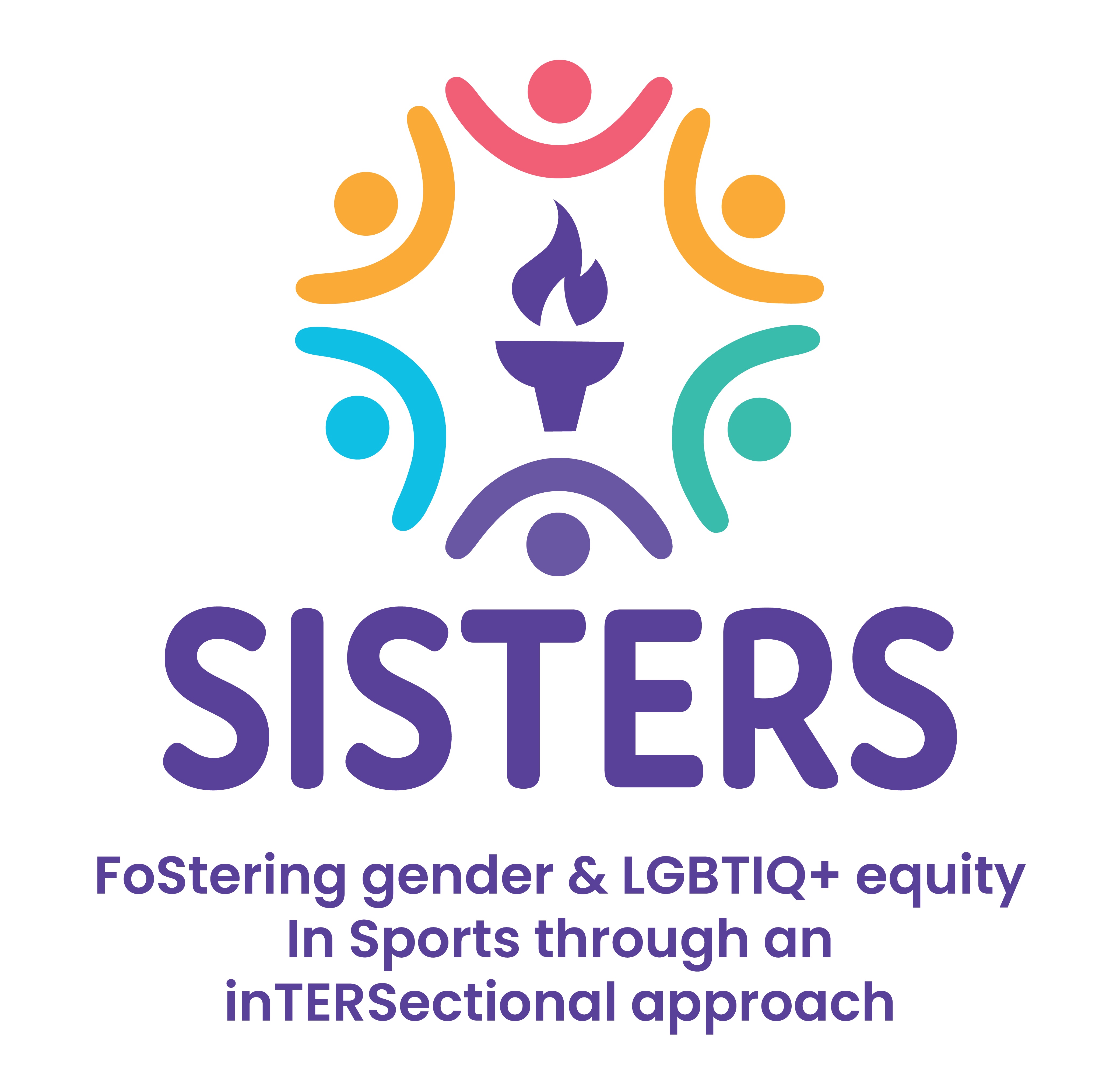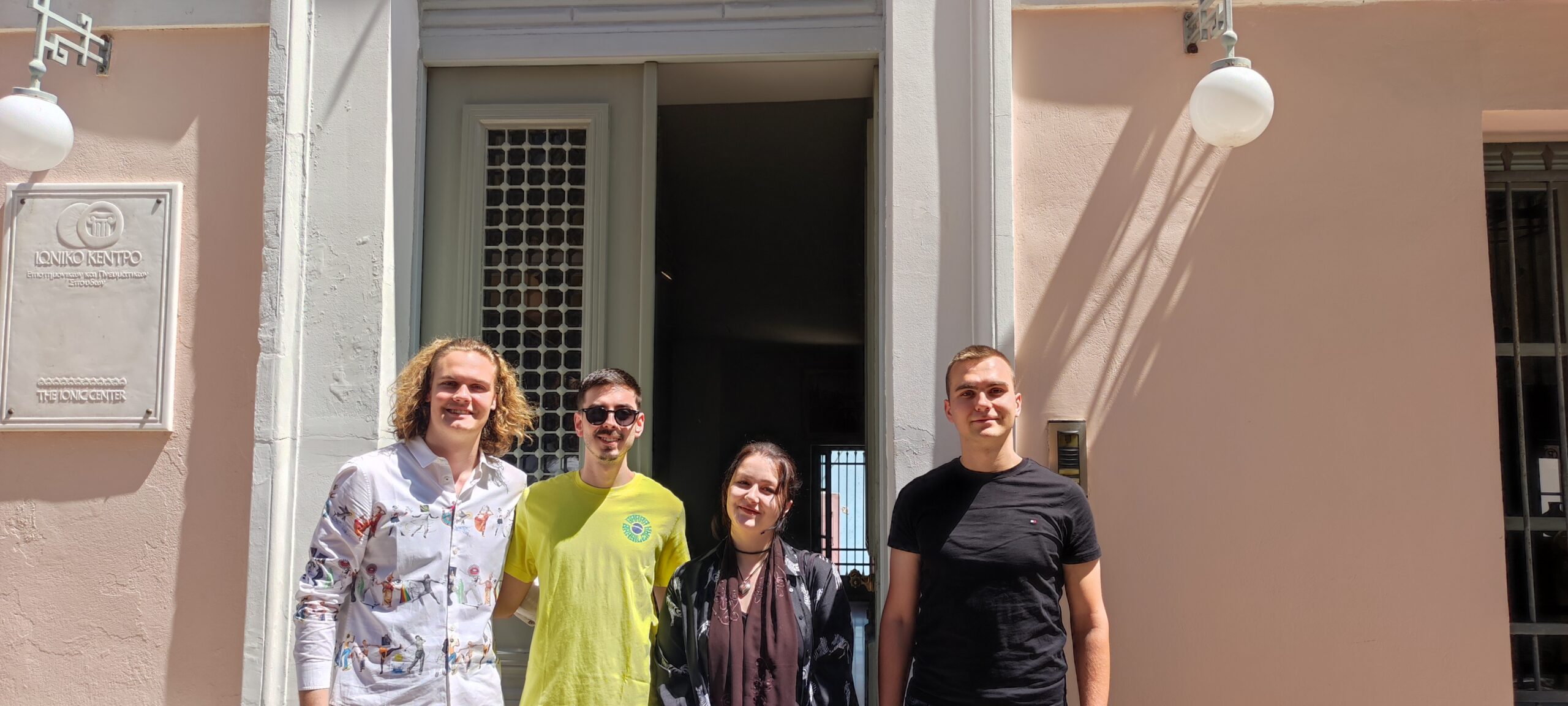![]() Duration: February 1, 2025 – July 31, 2027 (30 months)
Duration: February 1, 2025 – July 31, 2027 (30 months)
![]() Countries involved: Italy, Portugal, Bulgaria, Greece, Cyprus, Bosnia and Herzegovina
Countries involved: Italy, Portugal, Bulgaria, Greece, Cyprus, Bosnia and Herzegovina
SISTERS is a collaborative Erasmus+ Sport project that aims to address gender-based discrimination and promote inclusive participation in sports through an intersectional lens. The initiative supports the development of gender-sensitive practices in grassroots sport, empowering professionals, organizations, and young players to create a culture of mutual respect, equity, and tolerance. je projekat u okviru programa Erasmus+ Sport, koji ima za cilj borbu protiv rodno zasnovane diskriminacije i podsticanje uključivog učešća u sportu, koristeći intersekcionalni pristup. Inicijativa podržava razvoj rodno osjetljivih praksi u sportu na lokalnom nivou, osnažujući sportske stručnjake, organizacije i mlade igrače da izgrade kulturu međusobnog poštovanja, ravnopravnosti i tolerancije.
The project is implemented by a consortium of six organizations from across Europe:
- CESIE ETS (Italija) - Project coordinator
- Associação de Futebol do Porto (Portugal)
- Sarajevo Meeting of Cultures (Bosnia and Herzegovina)
- Champions Factory (Bulgaria)
- Symplexis (Greece)
- Center for Social Innovation – CSI (Cyprus)
 Aims
Aims
SISTERS sets out to:
- Understand trends and challenges in equitable access to sport for women and underrepresented groups through an intersectional approach.
- Strengthen the capacities of grassroots sport organizations and professionals using gender-sensitive, inclusive methods.
- Raise awareness among sports stakeholders and the broader public on the negative impact of discrimination and promote equitable participation.
 Key Activities
Key Activities
- Research and best practices mapping on access to sport.
- Capacity-building and training programs for sport professionals and young players.
- Organization of innovative and inclusive sports tournaments.
- Engagement of policymakers and sport decision-makers to ensure sustainability of results.
 Target Groups
Target Groups
- Sport trainers and educators (across disciplines and age groups)
- Recreational sport players, especially youth
- Sports managers and club leaders
- Local, regional, and national policymakers
- Professional sport practitioners (final phase engagement)

